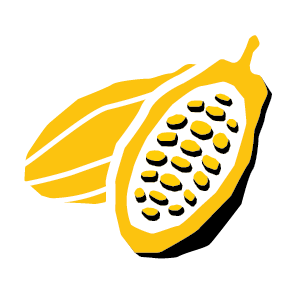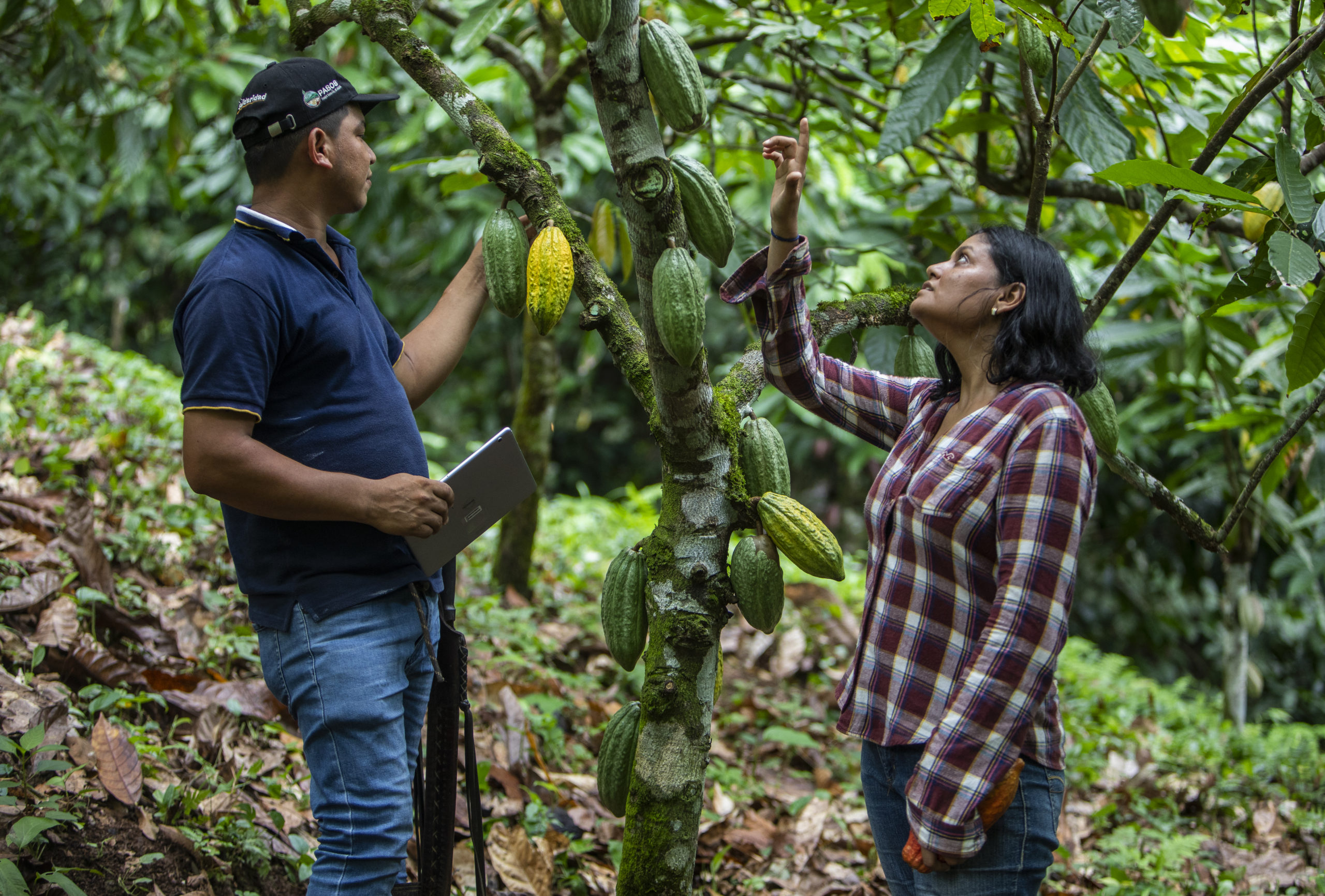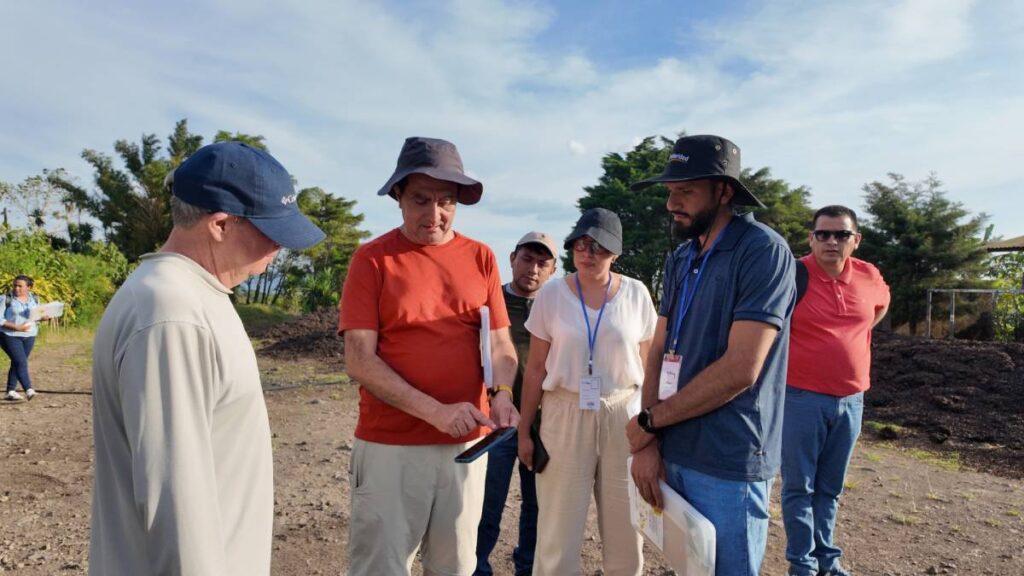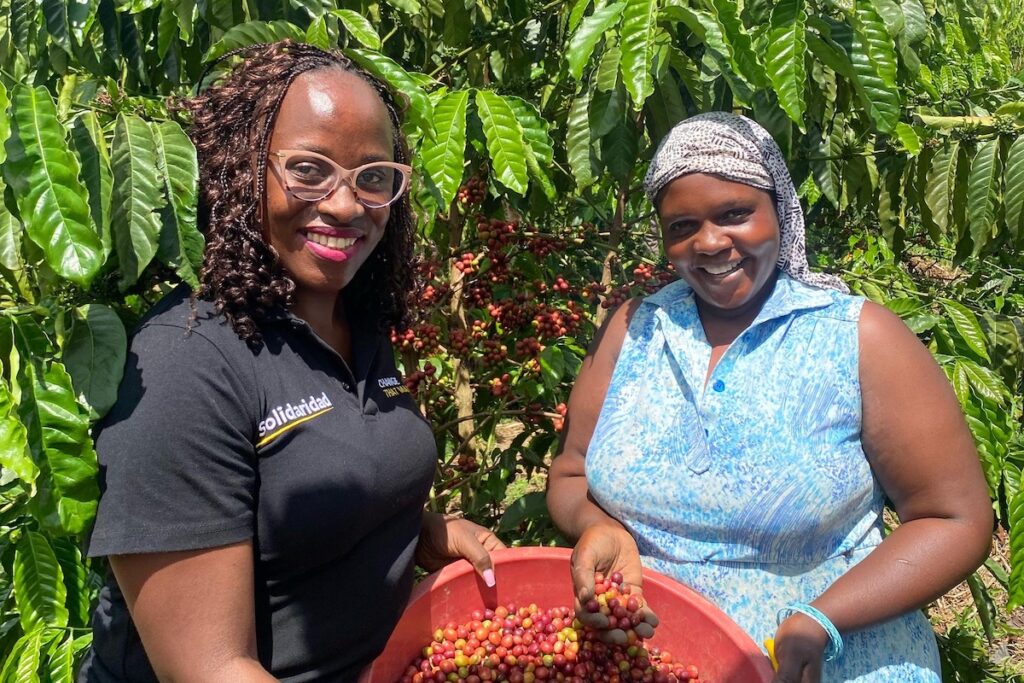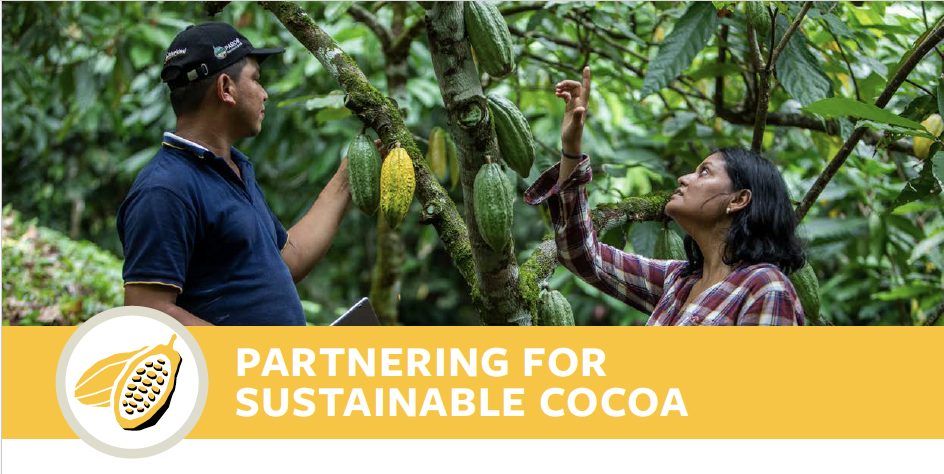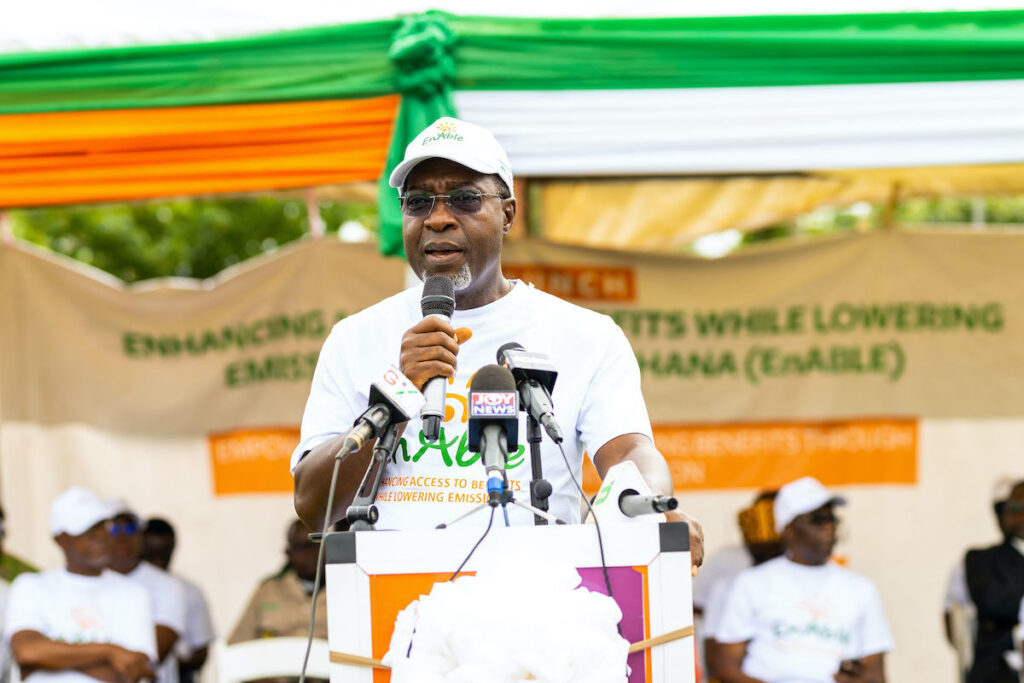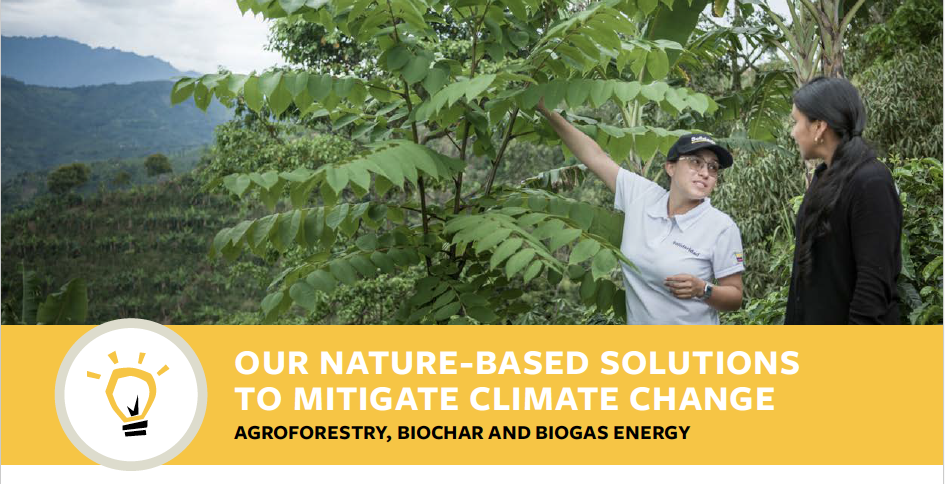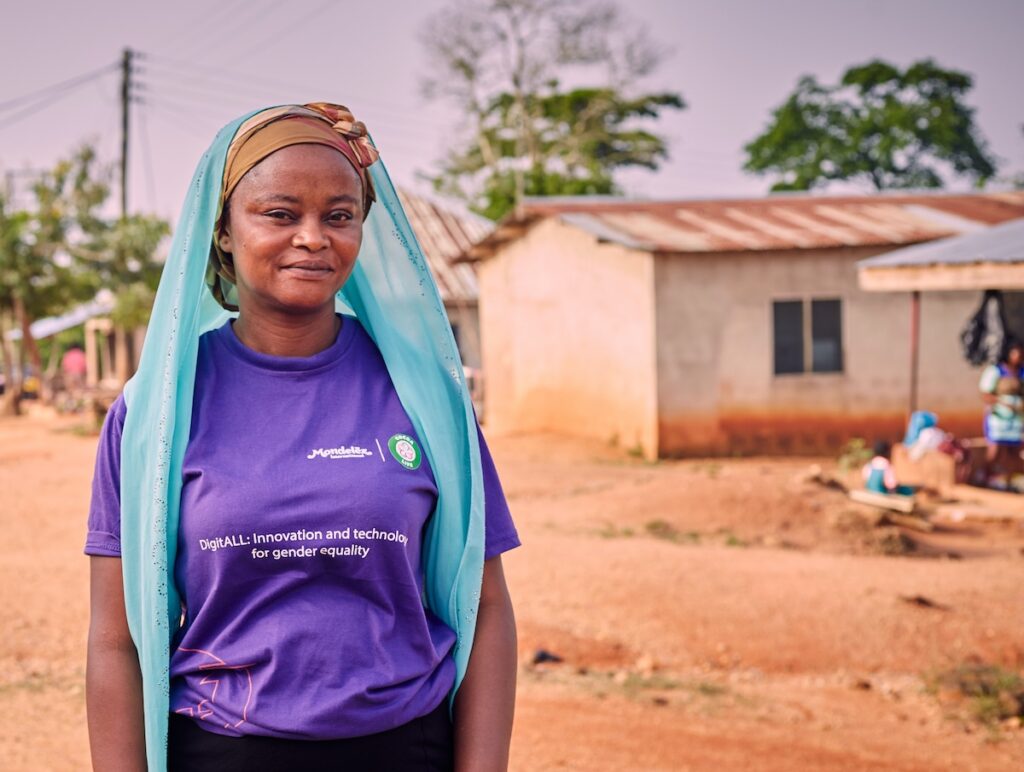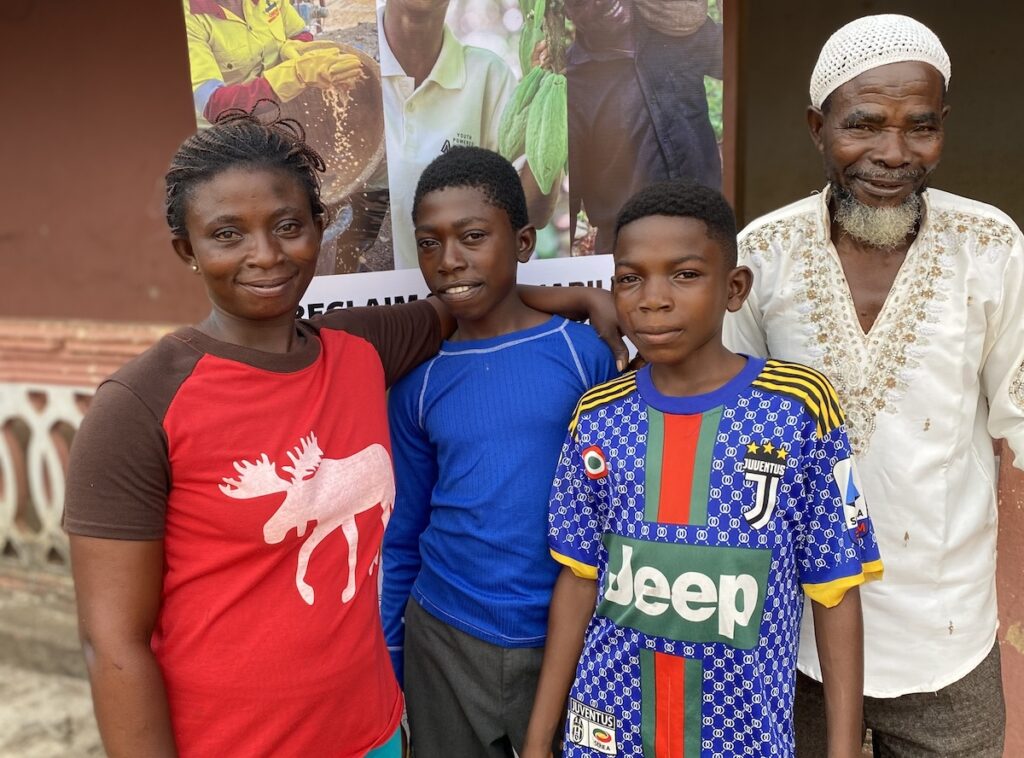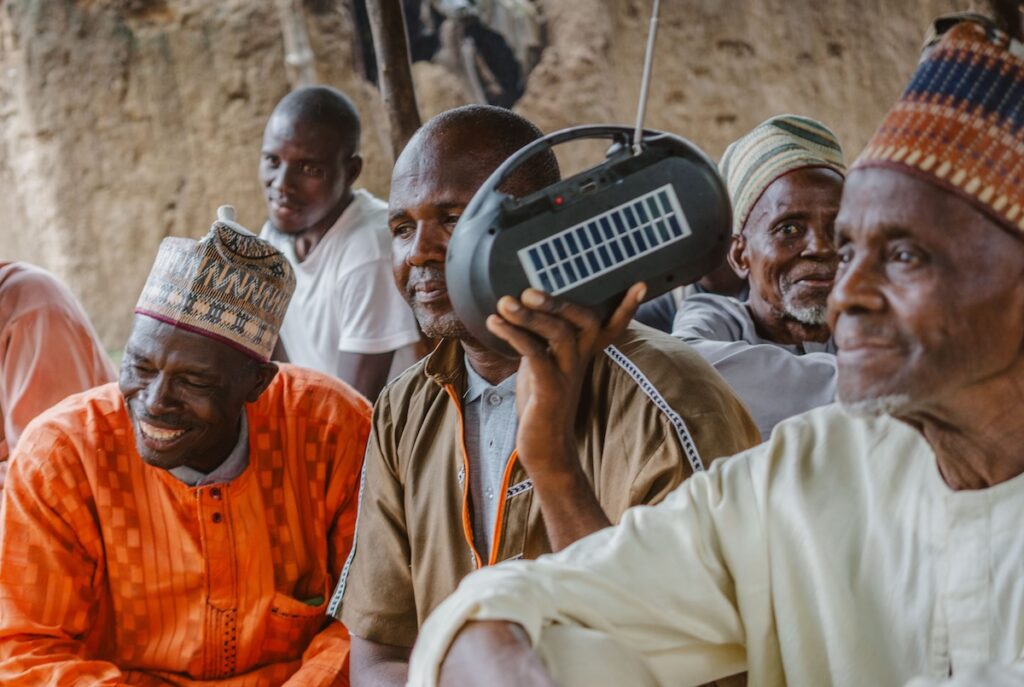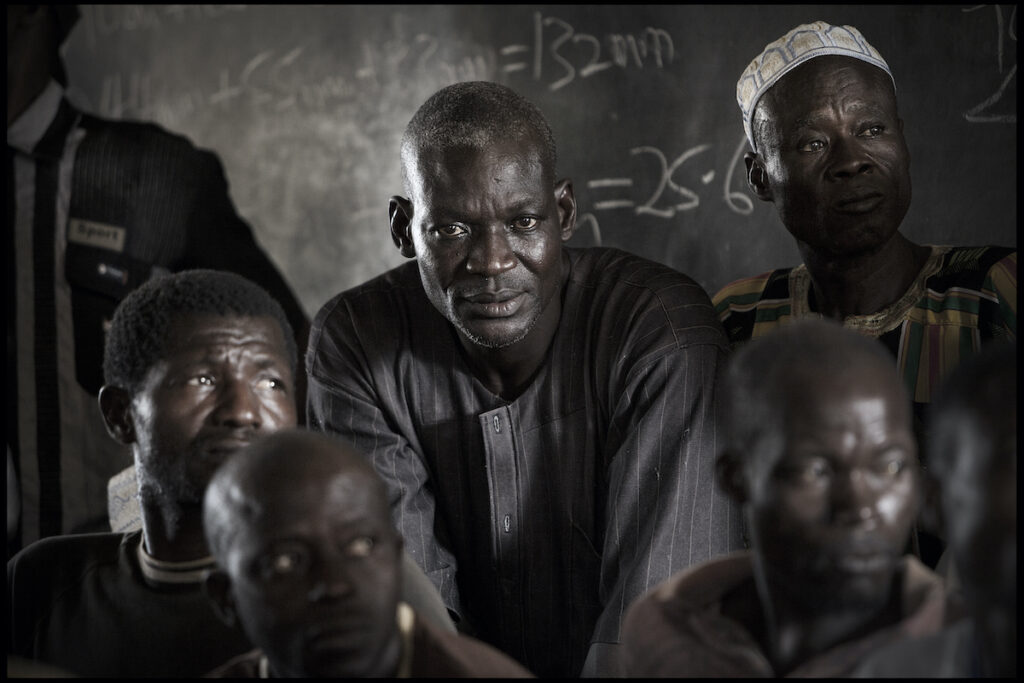
Challenges
Rising demand, strains on land
The global demand for cocoa is rising. Yet the majority of the world’s cocoa producers are stuck in a cycle of poverty, unable to meet personal needs nor demand. While a lack of access to inputs and knowledge on good farming practices continues to strain the land.
“When I started as a producer I didn’t have much training. I only grew my crops, but I didn’t know how to deal directly with the crops. Since Solidaridad came up with his project I have learned a lot.”
Francisco Cruz, cocoa farmer, Tuerê, Brazil
Solutions
Market transformation
We believe in a market transformation approach that works simultaneously with farmers, markets, consumers and governments – where one cannot make progress without the other. We bring all supply chain actors together to secure the future of cocoa farming.

Enan Abblé, cocoa farmer, Kragui, Côte d’Ivoire
“I am a member of the cooperative and learned in training programmes. As a result, my yields are high, I have more income and I’m teaching other farmers now.”
Achievements
Cocoa agroforestry systems
In Brazil, we worked with 549 new hectares of cocoa agroforestry systems and replicated the model in Peru. We expanded access to the ACORN platform for cocoa farmers in Colombia, with 7,053 registered producers, and Nicaragua, with 1,217 producers managing 1,962 hectares using agroforestry systems.
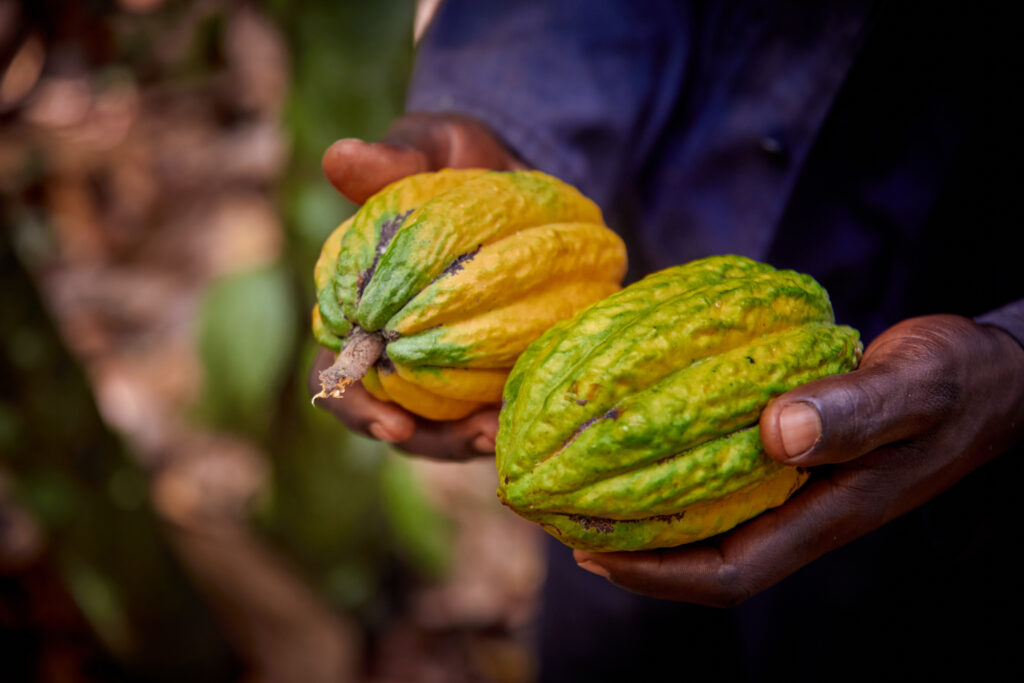
strengthening local cooperatives
In Pará, Brazil, we supported 1,114 new families, implemented 215 new hectares of cocoa agroforestry systems, and were awarded a blended finance project by the Brazilian Development Bank for increasing producers’ ability to afford technical assistance. The local cooperative we strengthened Coopercau, now serves around 50 producing families who pay for this service.
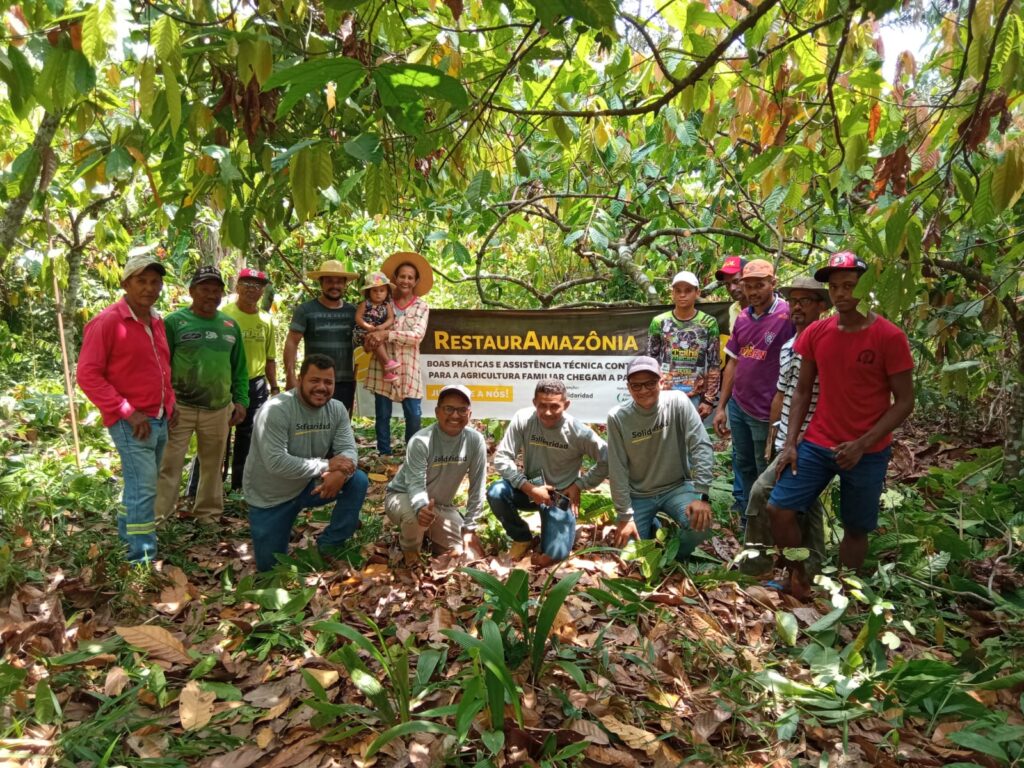
Adding value
In 2021, we trained 8,035 cocoa farmers in West Africa in good agricultural practices and improved farm management and diversification approaches to enhance productivity. Additionally, 641,358 cocoa seedlings were raised, out of which 638,318 covering 982 hectares were distributed to 928 farmers for planting to improve their livelihoods. To promote value addition in the Liberian cocoa sector, Solidaridad integrated the Women Agri-Vocational and Entrepreneurship concept into its programme with 45 rural women’s groups, adding value to their cocoa beans production.
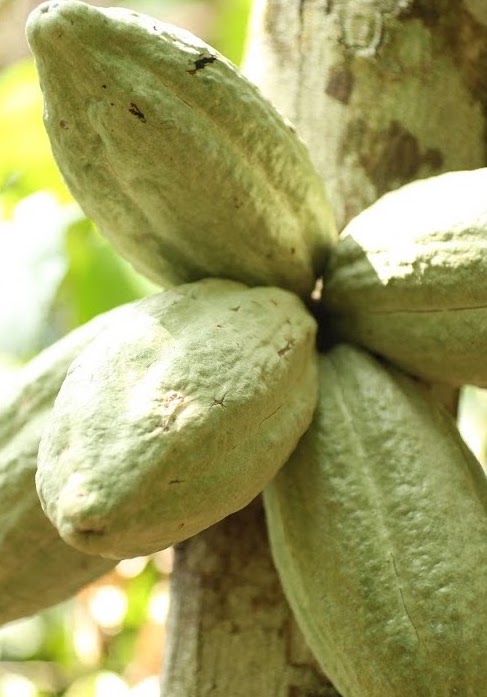
Achieving results
Solidaridad reached 58,491 cocoa farmers in West Africa with good agricultural practices and crop diversification approaches for income and livelihoods resilience. Additionally, old and unproductive cocoa farms were rehabilitated using high-yielding hybrid seedlings integrated with shade trees for ecosystem enhancement.
In Nicaragua, we modeled best practices for producers and promoters in demonstration plots and field schools. Cocoa farmers leveraged newly certified (Rainforest Alliance) cooperatives —where sales increased by 118 percent in 2020— to market their production. Meanwhile, cocoa-farming families in South America received technical assistance (TA) to adopt low-carbon agriculture, improving their cocoa productivity by 35 percent and their gross income by 51 percent.
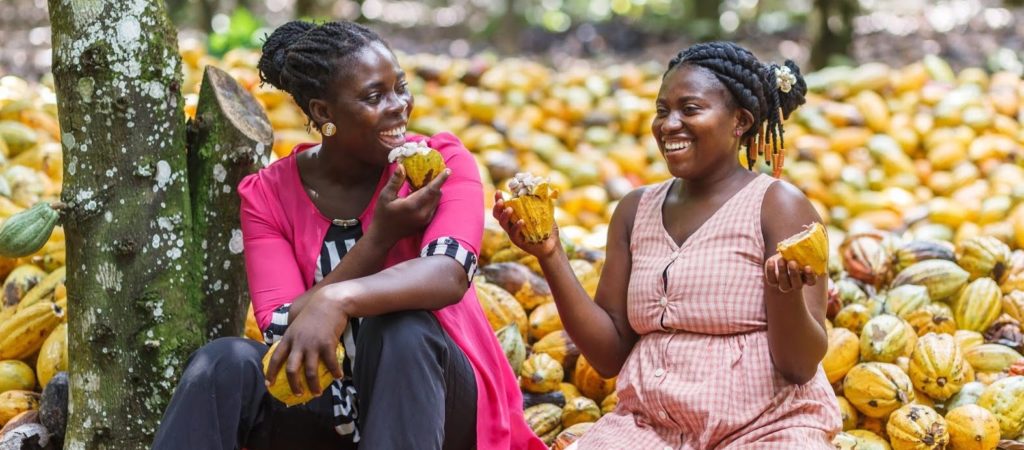
Bean-to-bar success
In 2019, through our bean-to-bar partnership with Case Lasevicius, three tonness of the cocoa were sold at an average price of 25 Brazilian reals (5 euros) per kg, generating a gross income of 75,000 reals (15,000 euros) for eight producers in the project. In Nicaragua, Solidaridad worked with BICU University to develop the first agroforestry cocoa diploma, giving priority participation to women and youth, while n Honduras, members of the national network of women in cocoa and chocolate learned to process and market cocoa products, leading to the launch of several women-led enterprises.
In West Africa, we helped establish the first roundtable to secure favourable land tenure arrangements for cocoa farmers in Ghana, and supported 1,600 youth to establish 789 hectares of cocoa farms. Through Ghana’s COCOBOD, lessons were shared with rural service centres to drive service delivery by small and growing businesses, and in Liberia and Sierra Leone, we contributed to national cocoa platforms as well as policy and regulatory arrangements for the sector.

Improving productivity
Across our cocoa programmes, we helped improve farmer-level productivity. For example, in Liberia, farmers planted 382,000 hybrid cocoa seedlings on newly established farms translating to 45,000 hectares of land. In Cote d’Ivoire, we supported the set up of 393 Village Savings and Loans Associations with a membership of 8,150 (94% women). The aim is to empower women, develop a savings culture and facilitate access to affordable finance for women cocoa farmers in Cote d’Ivoire.

Making strides
Solidaridad took significant steps for the cocoa sector in 2017, especially in West Africa. It engaged public and private organizations to secure co-funding to upscale activities, enable new businesses and enhance environmental governance. Solidaridad also designed a climate-smart business case for cocoa producers and enhanced multi-stakeholder platforms in order to promote landscape governance and influence public and private policies to reduce deforestation.

Women & youth take center stage
Solidaridad focused on supporting innovations that placed women and youth at the heart of business development. Programmes included giving tailor-made entrepreneurship and life-skills training, modeling viable business opportunities to prove profitability and making the case for impact investment. Activities were aimed at supporting the development of a thriving professionalized cocoa sector for the future. Solidaridad took concrete steps to support climate-smart cocoa production through the development and testing of low carbon balance tools.

Engaging youth
Solidaridad aims to address the problem of low youth participation in the cocoa supply chain by combining business and life skills training for young entrepreneurs so they can maintain thriving cocoa farms and businesses.

Certification is not enough
For the Love of Chocolate, a multimedia exhibition in The National Maritime Museum Amsterdam, attracted 35,000 visitors and major attention from the press. Nico Roozen spoke at the World Cocoa Conference 2014 and shared the message that certification alone is not enough.

What is the impact?
The ‘For the Love of Chocolate’ documentary with the National Geographic Channel boosted awareness of Solidaridad’s cocoa programme.
Solidaridad and Cargill commissioned external impact assessments in Ghana and Ivory Coast. An external impact assessment by KPMG indicated the following results from the start of the CIP programme: 151,000 farmers trained and certified, producing over 414,000 tonnes of certified cocoa, and sharp increase of both public and private investments in cocoa.

Holistic programming
Together with the Dutch Embassy in Ghana, Solidaridad West Africa and partners developed the ‘Cocoa Rehabilitation and Intensification Programme (CORIP) – Ghana’. Privately run Rural Service Centres (RSCs) will be set up providing training, information, inputs and other technical support for improved cocoa production.

Climbing investments
Solidaridad cocoa programme investments climbed to 3.5 million EUR.

Facing setbacks
Post-election civil war in Ivory Coast posed a major setback for the cocoa sector and the Solidaridad cocoa programme. In Ghana and Nigeria, Solidaridad organized national stakeholder forums including farmers, business, and government representatives.

For the love of chocolate
‘For the Love of Chocolate’ campaign with Mars Nederland began. Annual programme investments exceeded 1 million EUR, Solidaridad’s Farmer Support Programme reached 40,000 farmers; and Solidaridad also set up training teams in Nigeria, Cameroon, Ecuador, and Brazil.

Big announcements
The Dutch Minister of Development Cooperation welcomed the first UTZ Certified cocoa at the Amsterdam cocoa harbour. Mars was the first big company to announce their intention to use 100% certified cocoa by 2020.

Scaling up
Solidaridad’s joint Cocoa Improvement Program (CIP) 2008-2012 began to scale up the production of sustainable cocoa in Ghana, Ivory Coast, Nigeria, Cameroon, Brasil, Peru, Indonesia and Vietnam and Peru. Private sector partners, amongst others, included: Cargill, ECOM, Mars, Nestlé, Ahold, Heinz, Oxfam Novib, and WWF.

The road ahead
Solidaridad initiated its cocoa programme, focused on mainstreaming sustainable cocoa.


